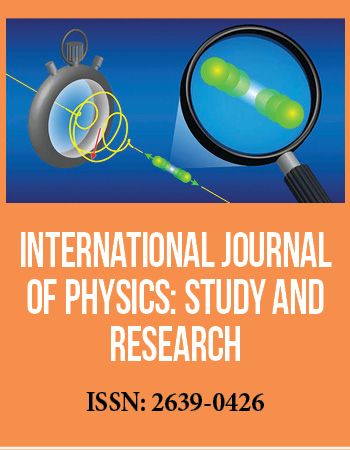European Physics Conference 2018
December 6-7, 2018 Valencia, Spain
Development of Ionizing Radiation Sensors Based on Carbon Nanotubes
Universidad del Turabo, USA
Detection of ionizing radiation is crucial in different fields including energy, national security, biological and nuclear research, and other applications. In general, the systems for the detection of ionizing radiation usually have one or several of the following drawbacks: incapability to produce stable signals, expensive and complicated manufacturing processes, operation at low or very low temperatures, low sensitivity or even voluminous size, as is the case of Geiger counters. Single Walled Carbon Nanotubes (SWNTs) have attracted much interest for the design of advanced nanodevices, due to its excellent mechanical, optical, thermal properties and electrical conductivity. Among the possible applications, these materials can be successfully used as efficient ionizing radiation sensors. For this purpose, the critical steps in the design and fabrication of devices are focused on the growth of SWNTs into controlled architectures and onto appropriate substrates. In this research we report a method for the treatment of the silicon substrates with TiN and a mixture of Co and Mo salts as catalyst precursor for the synthesis of carbon nanotubes. XPS and AFM results show an appropriate distribution of the catalyst precursors on the Si surface. SWNTs obtained by this procedure have been used for the manufacture of a sensor prototype. As a result, this research shows the first data obtained when the prototype is exposed to increasing doses of radiation.
Biography:
Kenneth Fontanez graduated from an associate degree in Mechanical Engineering. He is a research student in Universidad del Turabo in Puerto Rico currently pursuing a bachelorʼs degree in chemistry with a record of 3 different investigations as well as an internship in Universidad Autonoma de Madrid
(UAM).



